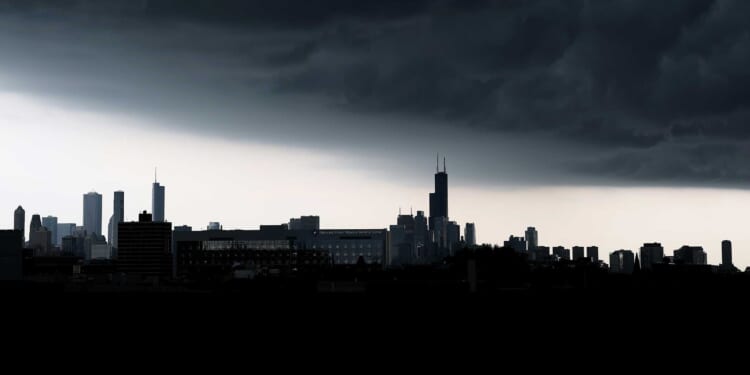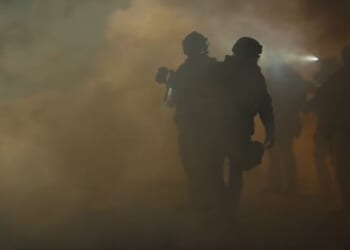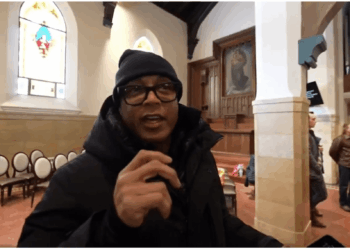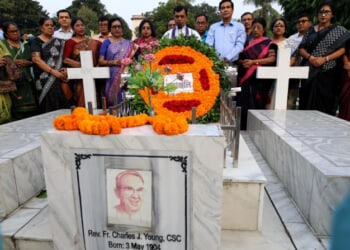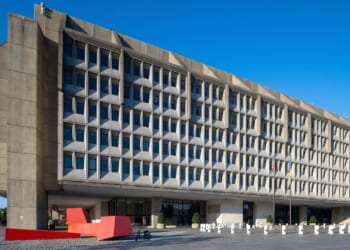
When Illinois governor J. B. Pritzker signed legislation in August that would retroactively boost the pension payouts of some Chicago police and firefighters, he did more than just increase the city’s unfunded pension liability by another $11.1 billion. He also marked a watershed moment for the city and state, by making clear that elected officials have no intention of addressing a looming fiscal crisis.
Illinois is a byword for financial mismanagement. Almost every layer of government is drowning in unfunded liabilities and debt. Consider unfunded pensions alone: the state of Illinois has $144 billion; the city of Chicago, $53 billion; the Chicago Public Schools, $13.9 billion; Cook County, $7.1 billion; and the Chicago Transit Authority, $1.8 billion. These amounts do not include ordinary debt or retiree health-care liabilities.
Finally, a reason to check your email.
Sign up for our free newsletter today.
The Illinois Supreme Court’s expansive reading of the state constitution, which prevents the state from reducing even future pension accruals of existing employees, has rendered reform all but impossible. The only way to shrink the accumulating pension pile is to start new public employees under a less generous formula, as the state did in 2011 when it implemented the so-called Tier 2 system.
Now, Illinois has retroactively raised the benefits of Tier 2 recipients in Chicago’s police and fire departments in line with those of the older system. This sweetener bill—passed unanimously by both houses of the state legislature—will render Chicago’s police and fire funds “technically insolvent,” according to the city’s CFO. That means Chicago will have less than 20 percent of the necessary funding on hand to meet its obligations.
Under state constitutional law, this sweetener can never be reversed or adjusted downward. Illinois, under the rubric of “fairness,” will doubtless extend this benefit to Tier 2 workers in other unions and likely use it as the baseline for any future Tier 2–type schemes.
With this move, Illinois’ political leadership class has revealed its own bankruptcy. They will not make any credible effort to fix the state’s financial problems. It’s not even obvious that they want to.
Neither is it obvious that the city has any leaders outside its political class who can stand up to the politicians. Chicago’s once vaunted leadership community has been significantly weakened. Hedge fund Citadel decamped for Miami; it’s building a new, 1,600-foot skyscraper in New York City even as its Chicago office footprint vanishes. Chicago-based Walgreens was hobbled by a disastrous merger with Boots Alliance that failed as a business move and brought in out-of-town leadership. Dallas, not Chicago, is emerging as the premier heartland location for JP Morgan Chase.
Chicago business leaders today generally are more likely to be part of the transient and disempowered managerial class than the deeply rooted titans of industry of yesteryear. Perhaps nothing signifies the city’s business decline more than how the famed Civic Committee of the Commercial Club of Chicago no longer appears to list its membership publicly. It was once one of the city’s most prestigious groups; today, its members operate in the background.
Aging and death have also taken their toll. Legendary industrialist and civic leader Lester Crown is 100 years old. His son, Jim Crown, had stepped in to lead the business community’s public-safety task force but was tragically killed in an accident in Colorado. Laurence Msall, the universally respected head of the Civic Federation, a fiscal watchdog, died from surgical complications. The Daley family is largely a spent force, though Bill Daley has teamed up with downstate Republican and former Obama appointee Ray LaHood in a good-government push for implementing nonpartisan redistricting.
The leadership gap is reflected in the emergence of Rahm Emanuel revisionism. Emanuel, deeply unpopular when leaving office in 2019, is now being treated seriously as a potential presidential candidate. Whatever his flaws, Emanuel tried to deal with the city’s problems, negotiating pension givebacks with the unions—deals ultimately tossed out by the courts—and aggressively working his rolodex to bring business to town.
The same can’t be said of today’s leaders. Chicago resembles the old Detroit in one key respect: insiders are more interested in enriching themselves by feasting off the body politic than in the city’s ultimate fate. All that’s left is what Chicago Tribune columnist Mike Royko once called “Ubi est mea”—“Where’s mine?”
Chicago won’t suffer Detroit’s economic or demographic fate, however. Tourism in the Windy City runs at all-time highs. Google and JP Morgan Chase are renovating major buildings in the Loop. The quality of life in much of the city remains superb, and Chicago still draws talent from around the Midwest and beyond. In fact, Chicago offers by far the greatest bang for the buck among American cities right now.
As Adam Smith put it, “There is a great deal of ruin in a nation.” Similarly, it’s hard to destroy a great American city like Chicago, which has so many assets and a powerful identity as the natural capital of the Midwest.
But while Chicago isn’t likely to suffer an immediate collapse, it is looking at many more years of government dysfunction, degraded services, and weak civic leadership—until the true financial crisis comes and the city, regrettably, succumbs to insolvency. At that point, perhaps, it can begin to repair its core governance and financial issues.
Photo by Luke Hales/Getty Images
City Journal is a publication of the Manhattan Institute for Policy Research (MI), a leading free-market think tank. Are you interested in supporting the magazine? As a 501(c)(3) nonprofit, donations in support of MI and City Journal are fully tax-deductible as provided by law (EIN #13-2912529).
Source link

